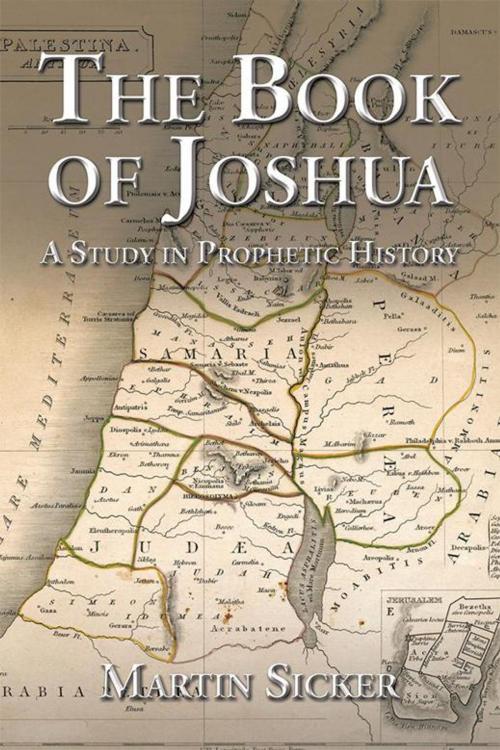| Author: | Martin Sicker | ISBN: | 9781504950060 |
| Publisher: | AuthorHouse | Publication: | September 16, 2015 |
| Imprint: | AuthorHouse | Language: | English |
| Author: | Martin Sicker |
| ISBN: | 9781504950060 |
| Publisher: | AuthorHouse |
| Publication: | September 16, 2015 |
| Imprint: | AuthorHouse |
| Language: | English |
The subject of this study is the prophetic history of Joshua and the first stages of the conquest of the Promised Land, as presented in the Masoretic text of the biblical Book of Joshua. The term prophetic history is employed to describe the subject because prophecy in biblical thought is not fatalistic and does not predict future events. What it does do is assert that the moral course that a society chooses to follow in the present can determine its probable but not inevitable future. The purpose of the biblical book is to inform the reader of the historical consequences of the failure to observe the terms of the divine covenant entered into between God and the children of Israel at Mount Sinai following the exodus from Egypt. Although the narrative is based on events that were believed to have taken place, the primary focus of prophetic history is on the moral implications of the decisions taken by men rather than the factual accuracy of the details of the events described which have been studied exhaustively by archaeologists and historians of the ancient world. This study is concerned primarily with what the biblical narrative purports to tell us in its own special way, and only peripherally with the issues of primary concern to the modern academic studies of biblical texts such as when the text was finalized and by whom, literary analysis of the language employed, comparative analysis of the text and other ancient literature, and other such topics, all of which are of valid intellectual interest but, with some notable exceptions, contribute little to understanding what the authors and editors of the Hebrew text as we have it are trying to convey to the reader.
The subject of this study is the prophetic history of Joshua and the first stages of the conquest of the Promised Land, as presented in the Masoretic text of the biblical Book of Joshua. The term prophetic history is employed to describe the subject because prophecy in biblical thought is not fatalistic and does not predict future events. What it does do is assert that the moral course that a society chooses to follow in the present can determine its probable but not inevitable future. The purpose of the biblical book is to inform the reader of the historical consequences of the failure to observe the terms of the divine covenant entered into between God and the children of Israel at Mount Sinai following the exodus from Egypt. Although the narrative is based on events that were believed to have taken place, the primary focus of prophetic history is on the moral implications of the decisions taken by men rather than the factual accuracy of the details of the events described which have been studied exhaustively by archaeologists and historians of the ancient world. This study is concerned primarily with what the biblical narrative purports to tell us in its own special way, and only peripherally with the issues of primary concern to the modern academic studies of biblical texts such as when the text was finalized and by whom, literary analysis of the language employed, comparative analysis of the text and other ancient literature, and other such topics, all of which are of valid intellectual interest but, with some notable exceptions, contribute little to understanding what the authors and editors of the Hebrew text as we have it are trying to convey to the reader.















